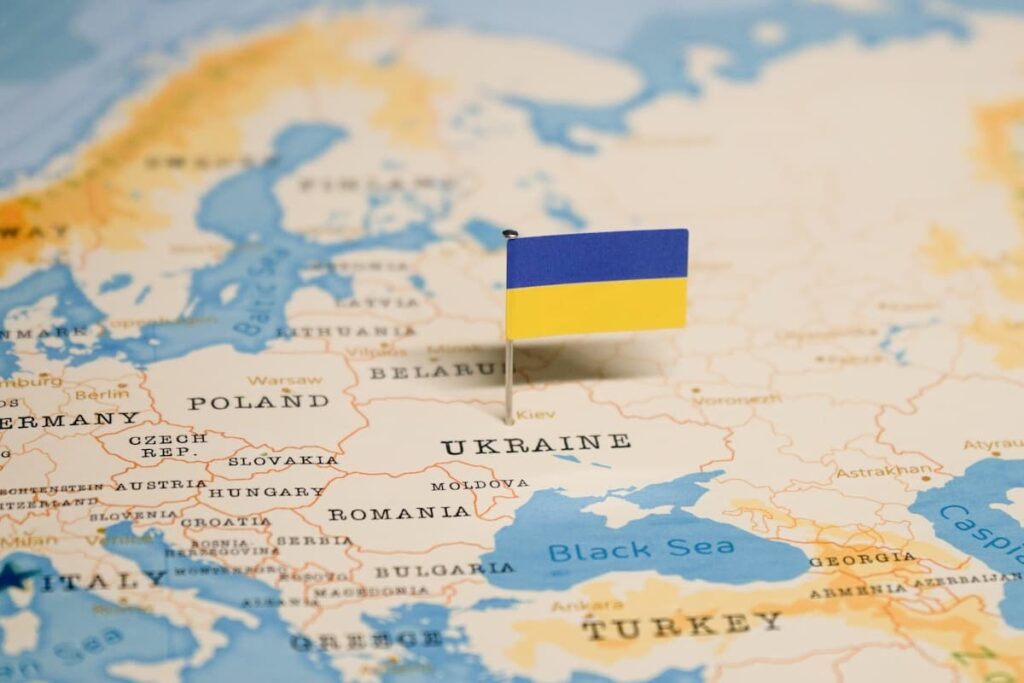A Major Step Towards Justice
Ukraine and the Council of Europe have formalized the creation of a Special Tribunal dedicated to prosecuting the crime of aggression committed against Ukraine. This development marks a historic move in international law, providing a clear mechanism to hold individuals accountable for initiating armed conflict against a sovereign state. The agreement also includes the full statute governing the tribunal’s structure, procedures, and legal foundations.
The decision to establish this tribunal responds directly to Ukraine’s call for international mechanisms capable of addressing the specific crime of aggression—something that current international courts, including the International Criminal Court (ICC), cannot prosecute in this case due to jurisdictional restrictions.
The signing of the agreement represents a coordinated political and legal effort by the Council of Europe and Ukraine to fill a critical gap in the international justice system. It reinforces the idea that aggression, as a grave breach of international norms, cannot go unpunished.
Filling the Legal Void Left by the ICC
While the ICC retains authority over war crimes, crimes against humanity, and genocide in Ukraine, it does not currently have jurisdiction over the crime of aggression committed against the country. This limitation has created a gap in legal accountability that the Special Tribunal is now positioned to fill.
The tribunal will focus specifically on individuals deemed to hold the greatest responsibility for initiating and directing acts of aggression against Ukraine. The agreement signed by both parties emphasizes that this new body is the most appropriate solution to prosecute those at the highest levels without duplicating efforts at the national level.
The crime of aggression is defined as the unlawful use of armed force by one state against another, in violation of the United Nations Charter. This new tribunal aims to ensure that those who orchestrated such actions are not shielded by legal loopholes or political power.
Broader International Participation Expected
With the agreement now in place, the next step is to launch an Enlarged Partial Agreement (EPA), allowing countries beyond the Council of Europe’s 46 members to take part. This includes nations from outside Europe and international bodies such as the European Union.
Once a sufficient number of interested states express their willingness to participate, the Council of Europe’s Committee of Ministers will move forward in formally establishing the EPA. This phase is expected to broaden the legitimacy and operational capacity of the Special Tribunal, making it a collective international initiative.
The strong backing from various European states shows a shared commitment to accountability, legal clarity, and the defense of international norms. The collaboration underlines how political determination, combined with legal innovation, can deliver solutions that seemed out of reach just months ago.
Reinforcing Long-Term Peace and Accountability
The creation of this Special Tribunal reflects a wider effort by the Council of Europe to support Ukraine in the face of continued aggression. Alongside this initiative, the Council is managing a Register of Damage, which has already processed tens of thousands of claims, and is laying the groundwork for a Claims Commission to address reparations.
Ukraine remains a top priority for the Council, as shown by its unwavering commitment to legal responses and institutional support in the context of the war. The European Court of Human Rights also continues to play a crucial role, serving as the only international court currently adjudicating human rights violations related to this conflict.
By establishing this tribunal, the international community sends a clear message: aggressive acts against sovereign nations will not go unanswered. The process of justice may be complex and time-consuming, but it is essential for building a durable peace in Ukraine and across Europe.


